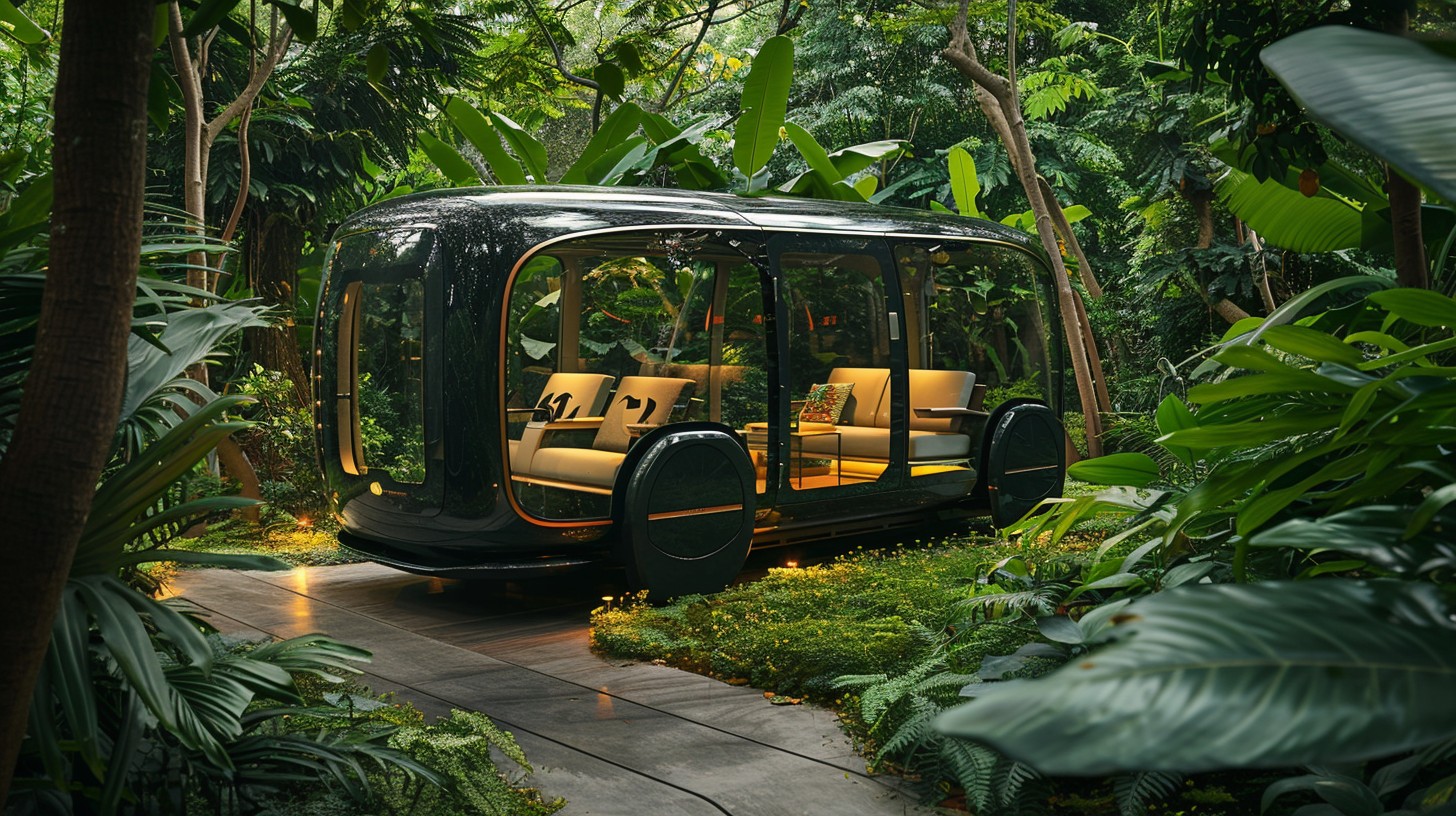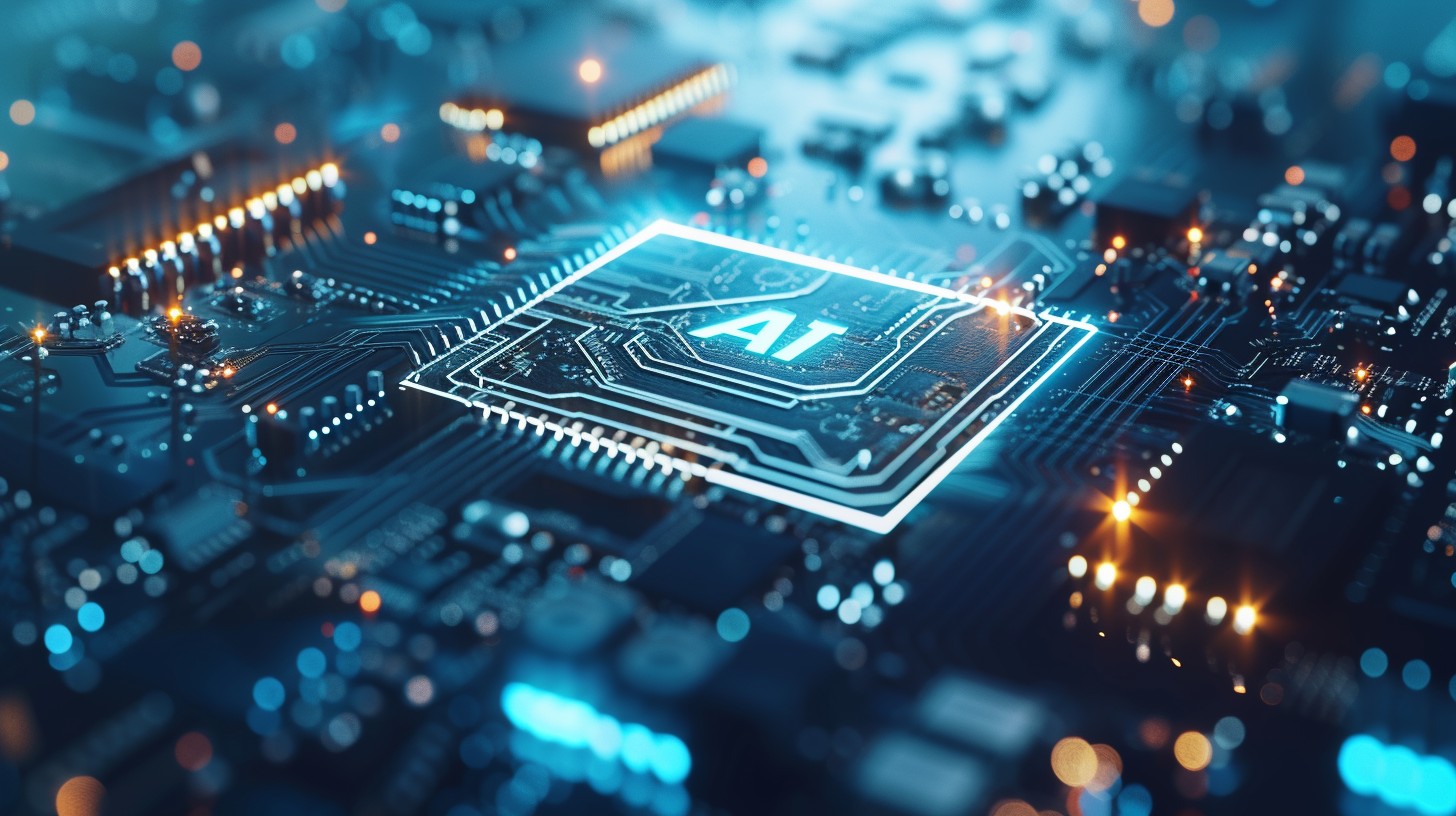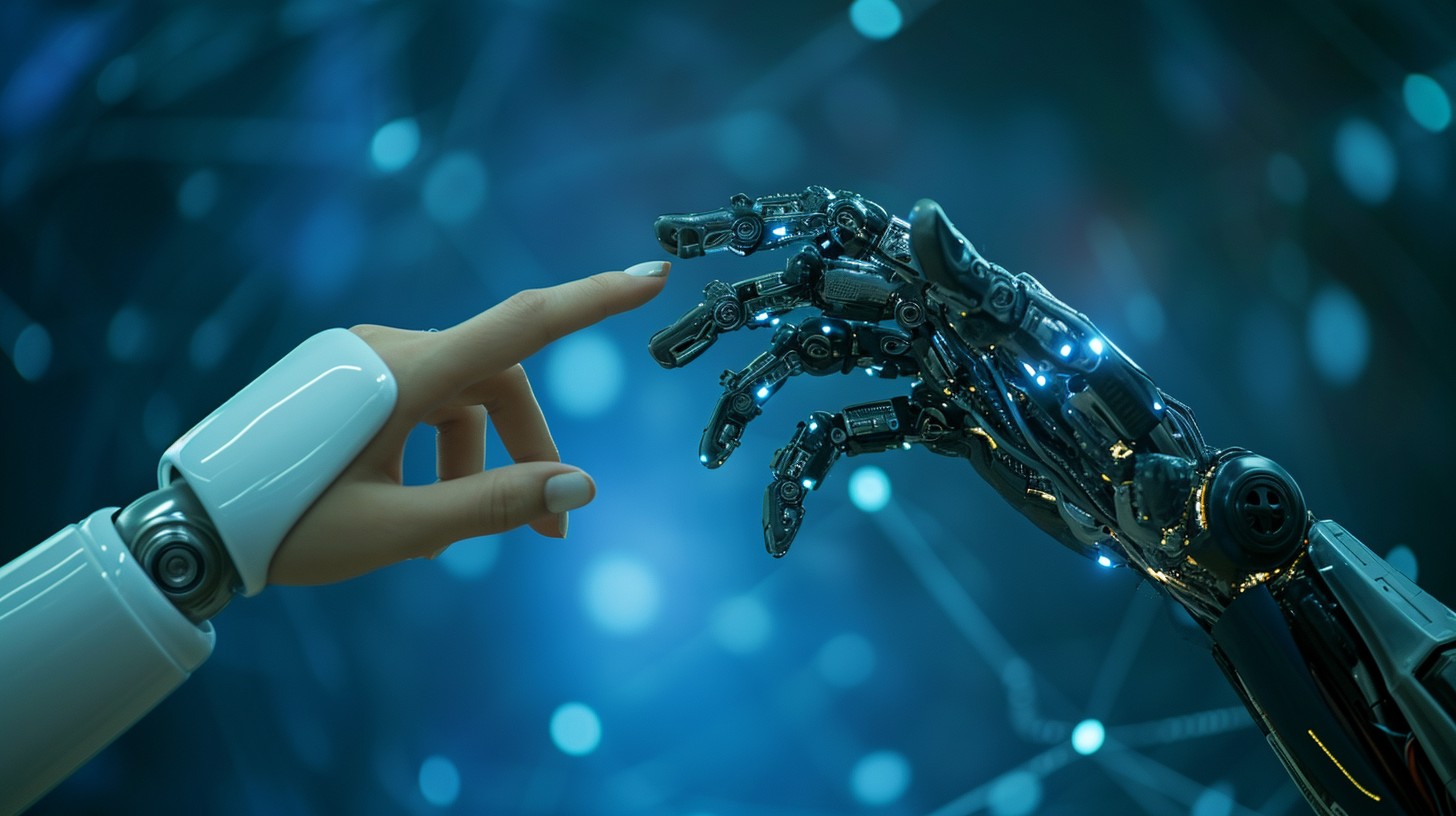The Most Disruptive Innovations Coming in the Next Decade. As we look ahead to the next decade, the world is on the brink of an innovation revolution that will reshape industries, redefine the way we live, and transform economies. Disruptive technologies are those that fundamentally alter the status quo, creating new markets and displacing old ones. The next ten years will bring unprecedented advancements in fields such as artificial intelligence, biotechnology, energy, and mobility. In this article, we will explore the most disruptive innovations expected to emerge by 2035 and how they will impact our world.
1. Artificial Intelligence and Automation
Artificial intelligence (AI) is already transforming industries, but its full potential will be realized over the next decade. The rise of deep learning and machine learning algorithms will lead to AI systems that are capable of performing tasks previously thought to require human intelligence. From automating repetitive jobs to enhancing decision-making, AI will disrupt industries across the board.
AI-Powered Healthcare
The healthcare sector will see AI-powered diagnostic tools that can identify diseases earlier and more accurately than human doctors. Robotic surgeries and personalized treatment plans based on AI analysis of genetic data will become common, leading to better health outcomes and cost efficiencies.The Most Disruptive Innovations.
Workforce Automation
AI and robotic process automation (RPA) will revolutionize industries such as manufacturing, logistics, and finance. Routine tasks like data entry, customer service, and even legal work will be automated, creating a shift in the workforce. The Most Disruptive Innovations.While automation may displace certain jobs, it will also create demand for new skills in AI development and robot-human collaboration.
2. Quantum Computing
Quantum computing is poised to be one of the most disruptive innovations of the 21st century. These advanced systems will surpass classical computers in processing power The Most Disruptive Innovations, allowing for the solution of complex problems in chemistry, logistics, and encryption.
Breakthroughs in Drug Discovery
Quantum computers will enable simulations at the molecular level, speeding up the process of drug discovery. The Most Disruptive Innovations Coming in the Next Decade. Pharmaceutical companies will be able to design more effective treatments and cures for diseases that have long plagued humanity, such as cancer and Alzheimer’s.
Revolutionizing Cybersecurity
As quantum computing becomes mainstream, it will disrupt current encryption methods. Quantum decryption could easily break traditional encryption algorithms, forcing the cybersecurity industry to adopt quantum-safe cryptography. This will be critical for protecting data in a hyper-connected world.
3. Renewable Energy and Energy Storage
The next decade will be critical for the transition to renewable energy sources. The Most Disruptive Innovations.Solar, wind, and hydropower will dominate energy production as fossil fuels are gradually phased out. However, the key to making renewable energy viable lies in energy storage technologies that allow for efficient power storage and distribution.
Next-Generation Batteries
Lithium-ion batteries have dominated the energy storage market, but next-generation battery technologies such as solid-state batteries and supercapacitors will disrupt this space. These new batteries will offer higher energy density, faster charging times, and longer lifespans, making electric vehicles (EVs) and renewable energy grids more efficient and reliable.
Hydrogen Fuel Cells
Hydrogen fuel cells will play a pivotal role in decarbonizing industries like aviation, shipping, and heavy manufacturing. Hydrogen energy, combined with carbon capture technologies, will help achieve global climate goals by reducing the carbon footprint of large-scale industries.
4. Biotechnology and Genetic Engineering
Biotechnology will be one of the most disruptive forces in the coming decade. Advances in gene editing and synthetic biology will allow us to engineer living organisms, creating innovations in medicine, agriculture, and environmental sustainability.
CRISPR and Gene Therapy
The use of CRISPR-Cas9 technology will revolutionize genetic engineering by allowing scientists to precisely edit genes. This will open the door to personalized medicine, where treatments are tailored to an individual’s unique genetic makeup. Additionally, CRISPR will enable the correction of genetic disorders at the embryonic stage, preventing diseases before birth.
Lab-Grown Meat
Biotechnology will also disrupt the food industry. Lab-grown meat, also known as cultured meat, will become more common as production techniques improve and costs drop. This shift will significantly reduce the environmental impact of meat production, cutting down on greenhouse gas emissions and land use.
5. Autonomous Vehicles The Most Disruptive Innovations
The transportation industry is on the cusp of a major transformation with the rise of autonomous vehicles (AVs) and electric transportation. These technologies will disrupt everything from urban planning to logistics.
Self-Driving Cars
Autonomous vehicles will become commonplace on city streets by 2035, with self-driving cars reducing accidents and traffic congestion. This innovation will lead to smart cities, where transportation systems are integrated and optimized. Ridesharing services like Uber and Lyft will adopt fleets of AVs, offering passengers on-demand mobility at lower costs.
Urban Air Mobility
Flying cars and drones will become the new frontier in urban transportation. Urban air mobility, where electric vertical takeoff and landing (eVTOL) aircraft ferry passengers across cities, will emerge as a disruptive alternative to traditional transportation. These vehicles will reduce travel time significantly, bypassing traffic and providing sustainable transportation options.
6. Blockchain and Decentralized Finance (DeFi)
The rise of blockchain technology and decentralized finance (DeFi) platforms will disrupt traditional financial institutions and create new opportunities for financial inclusion. Blockchain’s ability to offer secure, transparent, and decentralized transactions will lead to innovations in banking, insurance, and real estate.
Smart Contracts
Smart contracts—self-executing contracts with the terms of the agreement directly written into code—will streamline processes such as property transactions and insurance claims. This will eliminate intermediaries, reduce costs, and enhance trust between parties.
Tokenized Assets
The tokenization of assets such as real estate, art, and commodities will allow for fractional ownership, opening up investment opportunities to a broader range of people. This democratization of assets will disrupt traditional investment models and create a more accessible financial system.
7. Extended Reality (XR) and the Metaverse
The convergence of virtual reality (VR), augmented reality (AR), and mixed reality (MR)—collectively known as extended reality (XR)—will disrupt industries ranging from entertainment to education. The Metaverse, a virtual universe where people can interact, work, and play, will redefine social interactions and economies.
Immersive Entertainment
The entertainment industry will undergo a transformation with immersive experiences in the Metaverse. Virtual concerts, sports events, and even theme parks will become accessible to people worldwide through VR headsets, creating new business models for the entertainment sector.
Virtual Workspaces
In the business world, virtual workspaces will become standard. Companies will adopt virtual offices where employees collaborate in 3D environments, removing the need for physical office spaces. This shift will reduce operational costs and enable a truly global workforce.
Conclusion: Embracing the Future of Disruption
The next decade will be marked by rapid technological advancements that disrupt industries, economies, and the way we live. From AI-powered automation and quantum computing to renewable energy breakthroughs and biotechnology, these innovations will usher in a new era of progress and challenge traditional systems. To thrive in this disruptive future, businesses and individuals must adapt, learn, and embrace the technologies of tomorrow.



